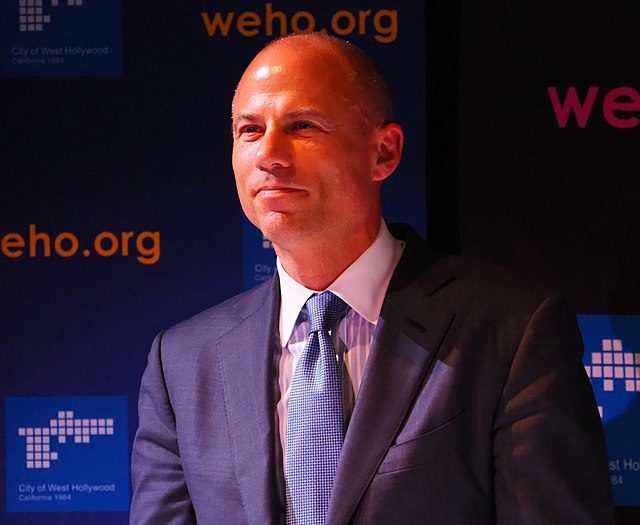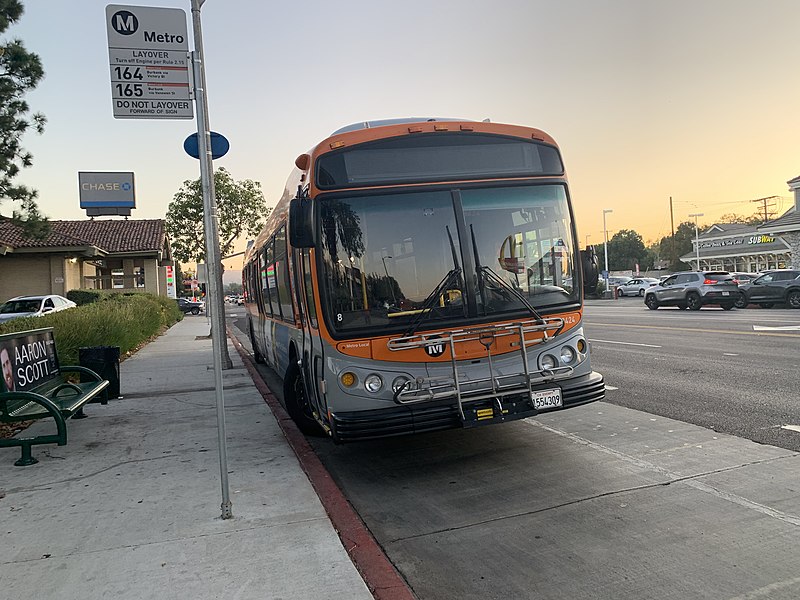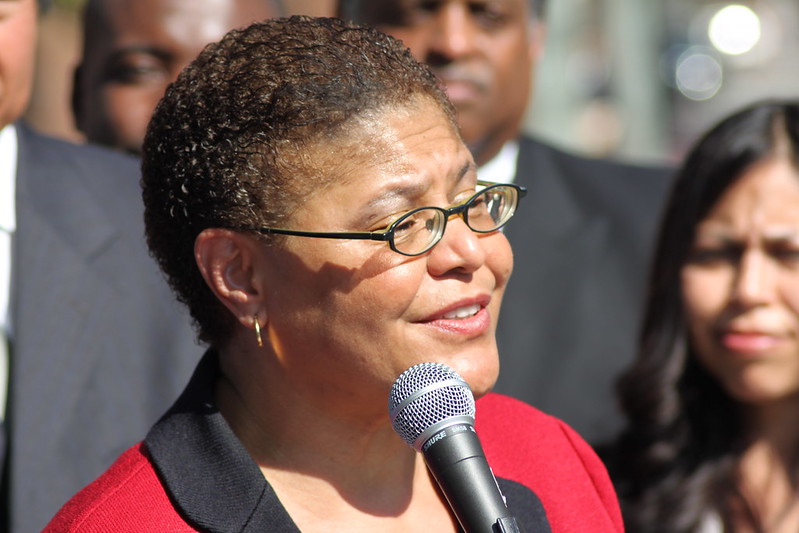A Black California Highway Patrol officer who acted as a driver for justices of the Second District Court of Appeal has tentatively settled her lawsuit against her employer, in which she alleged she was sexually propositioned by one of the court’s justices.
Lawyers for plaintiff Tatiana Sauquillo filed court papers on Thursday with Los Angeles Superior Court Judge Michelle Williams Court notifying the judge of a conditional settlement and that a request for dismissal will be filed by Jan. 23. No terms were divulged.
Sauquillo sued the CHP in July 2019, alleging sexual and racial harassment, sex and race discrimination and failure to take all reasonable steps necessary to prevent sexual and racial harassment.
Lawyers for the Attorney General’s Office maintained in their court papers that the three claims were vague as to whether Sauquillo was claiming she was a victim of discrimination and harassment based on gender or race or both.
The judge dismissed Sauquillo’s claim for sex discrimination in violation of the state constitution.
Sauquillo, the daughter of a teen mother, aspired as a youth to be a CHP officer and a role model for other young women of color, the suit stated. She began her CHP training in 2009 and has never received a negative review of her work, the suit stated.
Sauquillo is one of a small number of Black women in the CHP’s 7,500- member force, the suit stated. Some of her academy workout instructors, most of whom were white, referred to her as a “chocolate cupcake,” the suit stated.
On a regular basis in 2009-12, non-Black CHP officers with whom she worked referred to Black neighborhoods as “s–tholes,” the suit stated.
In 2009-11, a sergeant who was Sauquillo’s supervisor made sexually explicit comments to her in front of other employees and bosses and asked if she would have sex with him, the suit alleges. Co-workers pressured her not to cooperate in any investigation of the sergeant, but she refused to go along with their recommendations, the suit stated.
Sauquillo obtained a transfer in 2012 to the CHP’s Transportation Management Section, then the next year applied for and was accepted into the Judicial Protection Section in 2013, hoping that she would be able to avoid the sexual harassment she allegedly experienced from her sergeant, the suit stated.
“Unfortunately, this was not the case,” the suit stated.
Then-Justice Jeffrey W. Johnson of the Second District Court of Appeal sexually propositioned Sauquillo and touched her without permission, the suit stated. He commented on her appearance and said he wanted to take her clothes off, the suit alleged.
Once when she was driving him home from a bar association function, he asked her to stop the vehicle so he could have sex with her, according to her suit.
Johnson told the plaintiff that although he was married, he wanted to take her for drinks and then to his chamber so they could have sex, the suit alleged.
Johnson also regularly made comments regarding Officer Sauquillo’s race and asked Sauquillo if she had “ever been with a Black man,” the suit stated.
The justice also asked Sauquillo what race her sexual partner was and whether she would be willing to date an older man such as him, the suit alleged.
Sauquillo requested and received a reassignment in 2016, according to her complaint. She told two other justices about Johnson, but neither started an investigation and one warned her to “be careful,” the suit stated.
In their court papers, the Attorney General’s Office maintained the CHP was not liable for failing to prevent harassment it was not aware of and that Sauquillo waited too long to file her allegations concerning Johnson.
California’s Commission on Judicial Performance ordered the removal of Johnson, now 61, from the Court of Appeal in June 2020 for misconduct that included unwanted touching and sexual harassment.
Sauquillo also alleges that when she went on maternity leave in 2017, she was pressured by a CHP officer to return early and to give her baby formula rather than nurse the child.







